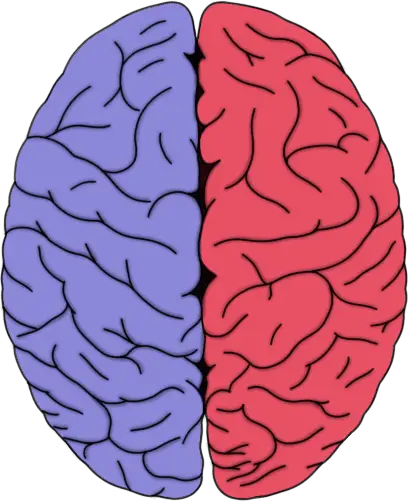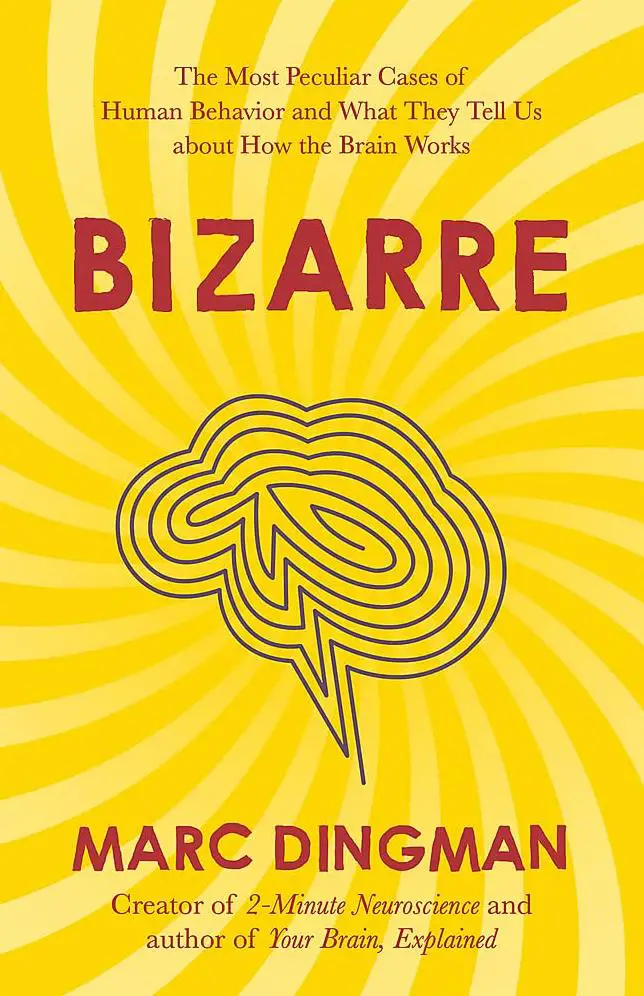Digging a little deeper into American scientific knowledge
This weekend news outlets and social media sites have been abuzz with the story that a quarter of Americans don't know that the Earth revolves around the sun. The story went viral after the National Science Foundation released their annual Science and Engineering Indicators (SEI) report. The SEI report includes data from a collection of sources, but most of the attention being paid to this recent release involves data from the General Social Survey (GSS). The GSS is conducted every other year via in-person interviews with around 1500 people, and consists of questions on a variety of topics ranging from demographic information to belief in the existence of God.
The GSS also asks 9 questions that deal with factual science knowledge, and it is the results from these 9 items that have made American scientific ignorance an international news story. On average, the sample surveyed answered 5.8 of the 9 (65%) questions correctly. What many are finding shocking, however, is the percentage of participants who got what we would generally consider "common knowledge" questions incorrect. For example, only 74% of respondents knew that the Earth revolves around the Sun. Only 48% agreed with the statement, "Human beings, as we know them today, developed from an earlier species of animals."
There are some other surprises that are getting less media attention. Only 53% of respondents knew that electrons are smaller than atoms. 53% believed that lasers work by focusing sound waves. And 49% thought antibiotics kill viruses as well as bacteria.
As disturbing as these numbers might be, it's important to consider them along with a few other pieces of information. First, this does not represent a sudden decrease in American scientific knowledge. The GSS has included a factual science section for decades. In 2010, Americans answered 63% of the factual science questions correctly (as compared to 65% in 2012). The survey actually hasn't found factual knowledge to vary much over the past 20 years.
Also, this survey is designed to be nationally representative, and so it includes participants of all ages and education levels. As expected, those without a high school diploma were most likely to do poorly on the factual information questions. Thus, one should be hesitant to use these survey results to condemn American school systems, for as a participant's level of education went up, so did their accuracy on the science questions.
Finally, when similar data from other countries is available for comparison, it reveals that other countries don't fare much better than Americans. For example, when a 2005 European Union survey asked a comparable question about the Earth revolving around the Sun, only 66% of respondents got it right. And only 27% of Chinese respondents in 2010 knew that electrons are smaller than atoms.
Although the numbers are disturbing, they might not warrant the degree (or type - which tends to be very disdainful) of attention they are getting right now. Based on GSS results, we have known for years that there is a significant portion of our population that isn't well-versed in factual scientific knowledge. And, although it seems to be reflexive to attribute this lack of knowledge to American ignorance, previous data suggests other countries have similar shortcomings.
That doesn't mean I think it's a bad thing this story is getting attention. On the contrary, I think it's great that this story brings some attention to the importance of teaching basic scientific principles. However, it also prompts a lot of pontificating from those who don't even take the time to read the report and put the information in context. And that isn't very scientific, either.


